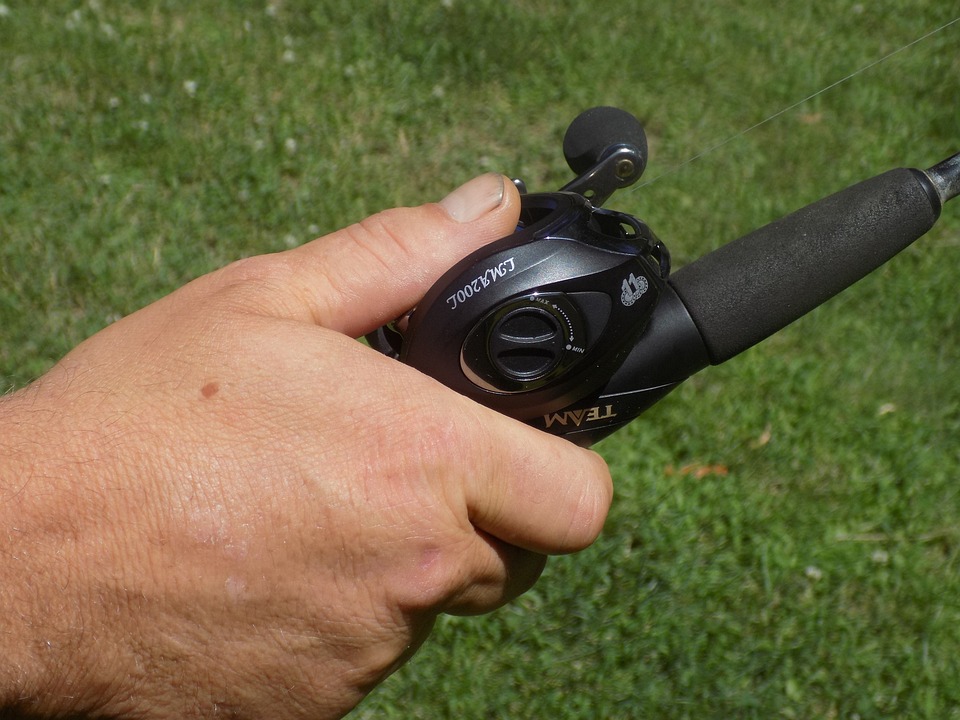Ensuring the health and well-being of your aquarium fish is crucial for creating a thriving aquatic environment. Malnourishment is a common issue that fish owners may encounter, but with the right knowledge and practices, it can be effectively treated and prevented. In this article, we will explore the causes, symptoms, treatment options, and preventive measures for malnourished fish, accompanied by a helpful FAQs section.
Understanding Malnourishment in Aquarium Fish
Malnourishment occurs when fish are not receiving adequate nutrition to meet their dietary requirements. This can happen due to various reasons, such as improper feeding habits, poor water quality, or underlying health issues. Recognizing the signs of malnourishment is essential to address the problem promptly.
Identifying the Symptoms of Malnourished Fish
1. Dull or faded coloration
2. Weight loss and emaciation
3. Lethargy and reduced activity levels
4. Fins clamped against the body
5. Loss of appetite or refusal to eat
6. Sunken eyes or visible skeletal structure
Treating Malnourished Fish
1. Evaluate and adjust feeding habits:
– Research the dietary needs of your fish species and provide a nutritionally balanced diet.
– Offer a variety of high-quality fish foods, including flakes, pellets, frozen or live foods.
– Feed small amounts multiple times a day to prevent overeating and ensure all fish have access to food.
– Remove any uneaten food after a few minutes to maintain water quality.
2. Enhance water quality:
– Regularly test water parameters (ammonia, nitrite, nitrate, pH) and ensure they are within acceptable ranges.
– Perform routine water changes to remove accumulated toxins and maintain optimal conditions.
– Use a reliable aquarium filter to remove debris and maintain a clean environment.
3. Address underlying health issues:
– Consult a veterinarian or aquatic specialist if you suspect your fish may have underlying health problems.
– Follow professional advice regarding medications or treatments specific to the identified issue.
4. Supplement with essential nutrients:
– Consider adding vitamins or supplements to the fish’s diet, particularly if their nutritional needs are not met through regular feeding.
Preventing Malnourishment in Aquarium Fish
1. Research fish species and their nutritional needs:
– Before adding fish to your aquarium, understand their dietary requirements and compatibility with other tank mates.
2. Provide a well-balanced diet:
– Offer a variety of food types to ensure a diverse nutrient intake.
– Include both dry and frozen/live foods to mimic their natural feeding habits.
3. Follow a feeding schedule:
– Feed fish small amounts multiple times a day, adjusting based on their appetite and size.
– Avoid overfeeding, as excess food can lead to poor water quality and subsequent health issues.
4. Maintain optimal water conditions:
– Regularly monitor and maintain appropriate water parameters to support fish health and digestion.
FAQs (Frequently Asked Questions)
Q1. How often should I feed my fish?
A1. It is recommended to feed small amounts of food 2-3 times a day, ensuring all fish have an opportunity to eat without overfeeding.
Q2. Can malnourished fish recover completely?
A2. With proper care and treatment, malnourished fish can recover and regain their health. However, the recovery time may vary depending on the severity of malnourishment and underlying health issues.
Q3. Should I stop feeding my fish if they are refusing to eat?
A3. If your fish refuse to eat for an extended period, it is crucial to investigate the underlying cause. While temporary fasting can be beneficial, ongoing refusal to eat may indicate health issues that require attention from a professional.
Q4. Can I rely solely on fish flakes for my fish’s nutrition?
A4. While fish flakes can be a significant part of a fish’s diet, relying solely on flakes may lead to nutritional deficiencies. It is recommended to provide a varied diet that includes flakes, pellets, and occasional frozen or live foods.
Conclusion:
By understanding the causes, symptoms, treatment options, and preventive measures for malnourished fish, you can ensure the well-being of your aquarium inhabitants. Regular monitoring of fish health, water quality, and providing a balanced diet will help maintain a vibrant and thriving aquatic environment. Remember, healthy fish are happy fish!









